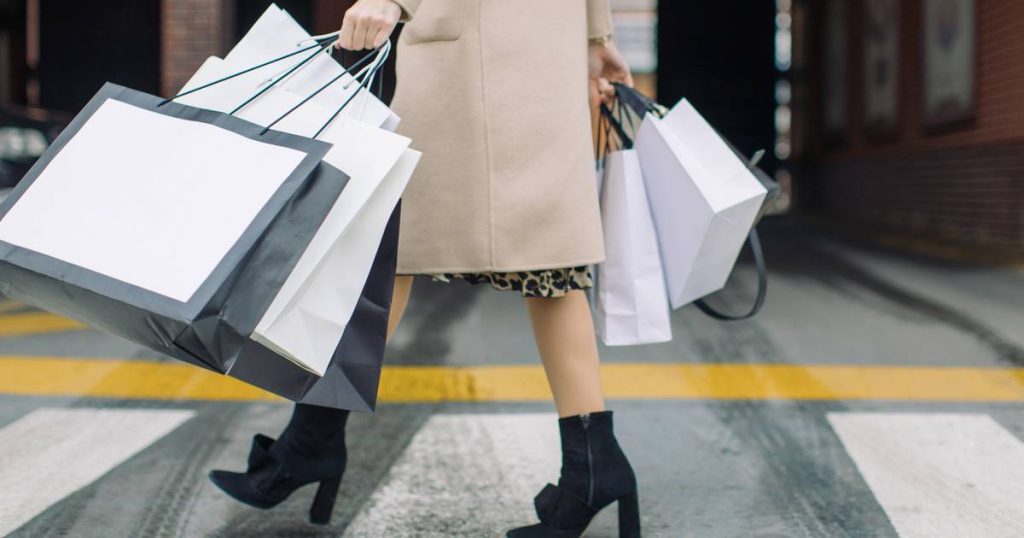Sixty-five percent of consumers are becoming more economical due to rising inflation and energy costs. Sixty-seven percent consciously buy more local and sustainable products and half are willing to pay more for it. This is evidenced by a survey of 1,600 people conducted by employer organizations Unizo and Comeos.
“We also notice this with our traders,” says Danny van Ash, CEO of Unizo. “There may be a little fewer units sold left and right, but people are choosing more durability and quality.”
This weekend, 11 million customers will be pampered by 14,000 merchants across the country during customer weekend. The fact that customers shop more in their area does not mean that they do not go shopping in other cities. Antwerp, Ghent, Bruges, Hasselt and Leuven are the five favorite shopping cities of the Flemish.
“They shop locally and locally, but that does not mean they prefer one store or the other. Consumers find it important that a shopping center in a village or city offers a good mix. There are reliable chains where they will buy certain things, but there are also those unique stores that ensure that One shopping mall is not like another.”
Accessibility (20 percent), cleanliness (13 percent), the mix of chain and independent stores (12 percent) and affordable parking (12 percent) are critical for customers to have an enjoyable shopping experience. The car also remains the most important mode of transportation for both Fleming (59 percent) and Waal (81 percent) when shopping. Public transport fared poorly with the Flemish population at 1 per cent. To increase this percentage, additional investment is needed, according to research by Unizo and Comeos.
It also seems that shoppers have less and less cash in their pockets. Contactless payments in particular are on the rise. Compared to last year, 65 percent of respondents said they now pay more contactless than last year. Most often the “classic” bank card is used (87 percent).
Energy saving
Comeos is also launching a “responsible trade” business plan over the weekend for customers to encourage merchants to save on energy bills.
“With the Responsible Trade Action Plan, we are taking three actions,” says Klaas Soens of Comeos Vlaanderen. “The first is the neon signs and the lights in the shop window go out after closing time. The second measure is that there are no more open doors at the entrance so that energy is not wasted, and that heating goes down one degree to 19 degrees. In this way, we hope to save energy and also reduce energy bills on the long term “.
For many traders, high energy bills come on top of the two years that have been closed in whole or in part due to Corona. Rental costs have also increased by ten percent. “Fortunately, the government has taken measures such as a Flemish job bonus. It gives 700 euros to people who go to work and this gives oxygen to people. We are still debating whether, in the context of commercial rent, the index can be calculated less for energy-intensive properties, as it is now decided for a market private rent.
price sensitive
The rising costs of merchants also affect the prices of their products. Part of this is passed on to the consumer. We are trying to reduce it. In the supermarket, for example, we really try to keep the price as low as possible because we see that consumers are very price sensitive. Two-thirds of consumers also indicate that they will shop more consciously at price and buy more type than quantity.”
Unlimited free access to Showbytes? And that can!
Log in or create an account and never miss any of the stars.

“Total coffee specialist. Hardcore reader. Incurable music scholar. Web guru. Freelance troublemaker. Problem solver. Travel trailblazer.”







More Stories
Bitcoin price rises after new jobs data from US
European stock markets open higher | beursduivel.be
Russia’s oil imports to China decline